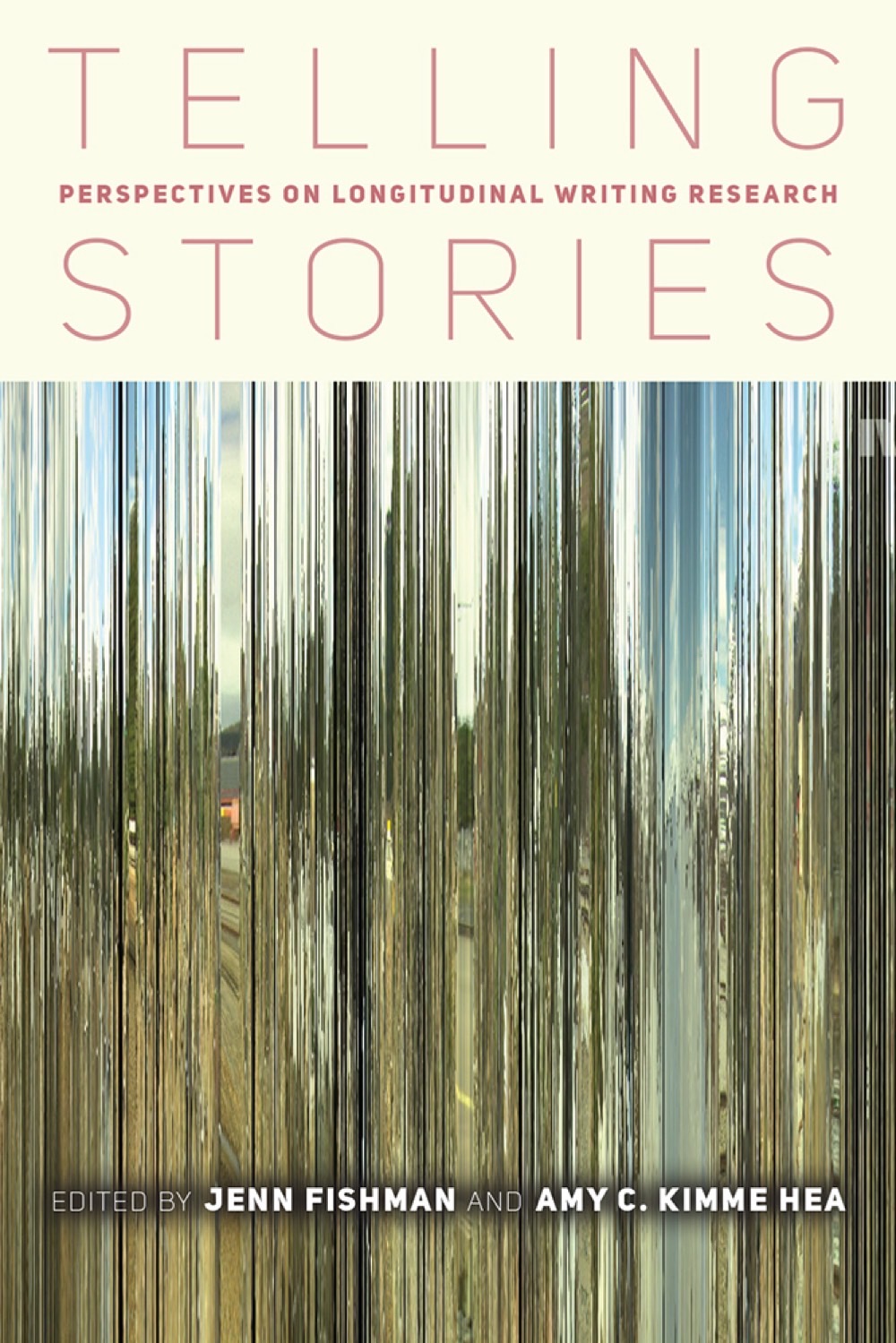Failing Sideways
Queer Possibilities for Writing Assessment
Accessibility Tools
Perspectives on Longitudinal Writing Research

“Longitudinal research has been a promising but vexed landscape for writing scholars, a labyrinth of possibilities that can yield verdant clarity—but also branch into trackless wilderness. The essays in this brilliantly framed and edited volume offer a map, a compass, and a clutch of field guides: stories of ambitious itineraries and the writing terrains they discovered.”
—Douglas Hesse, University of Denver
“A powerful argument for the value of throwing back the veil on longitudinal research in order to expose the complexities, challenges, and unexpected benefits of embarking on this kind of scholarly work.”
—Rachel Ihara, Kingsborough Community College–CUNY
“These stories will enable readers to draw conclusions about what is generated through longitudinal research and clearly relate to research agendas in literate lives and lifespan studies, transfer studies, institutional research, and assessment studies.”
—Stacey Pigg, North Carolina State University
In Telling Stories, more than a dozen longitudinal writing researchers look beyond conventional project findings to story their work and, in doing so, offer otherwise unavailable glimpses into the logics and logistics of long-range studies of writing. The result is a volume that centers interrelations among people, places, and politics across two decades of praxis and an array of educational sites: two-year colleges, a senior military college, an adult literacy center, a small liberal arts college, and both public and private four-year universities.
Contributors share direct knowledge of longitudinal writing research, citing project data (e.g., interview transcripts, research notes, and journals), descriptions drawn from memory, and extended personal reflections. The resulting stories, tempered by the research and scholarship of others, convey a sense of longitudinal research as a lived activity as well as a prominent and consequential approach to inquiry. Yet Telling Stories is not a how-to guide, nor is it written for longitudinal researchers alone. Instead, this volume addresses issues about writing research that are germane to all who conduct or count on it. Such topics include building and sustaining good interpersonal research relations, ethically negotiating the institutional power dynamics that undergird writing research, effectively using knowledge from longitudinal studies to advocate for writers and writing educators, and improving both conceptual and concrete resources for long-range research in writing studies.
Contributors: Joanne Baird Giordano, Ryan J. Dippre, Doug Downs, Dana Lynn Driscoll, Yanar Hashlamon,Holly Hassel, Brad Jacobson, Aimee C. Mapes, Miles Nolte, Talinn Phillips, J. Michael Rifenburg, AshleyRives, Lauren Rosenberg, Mark Schlenz